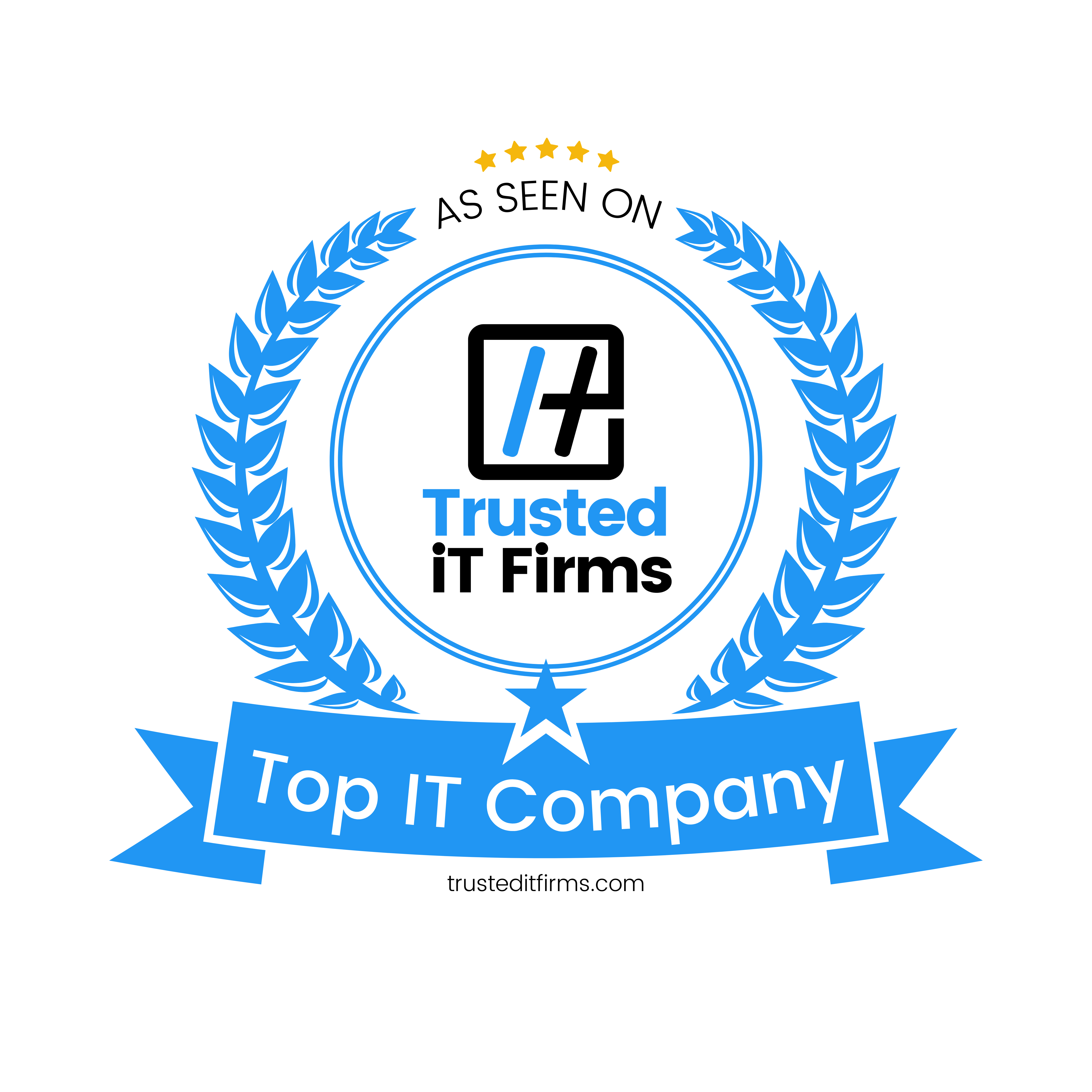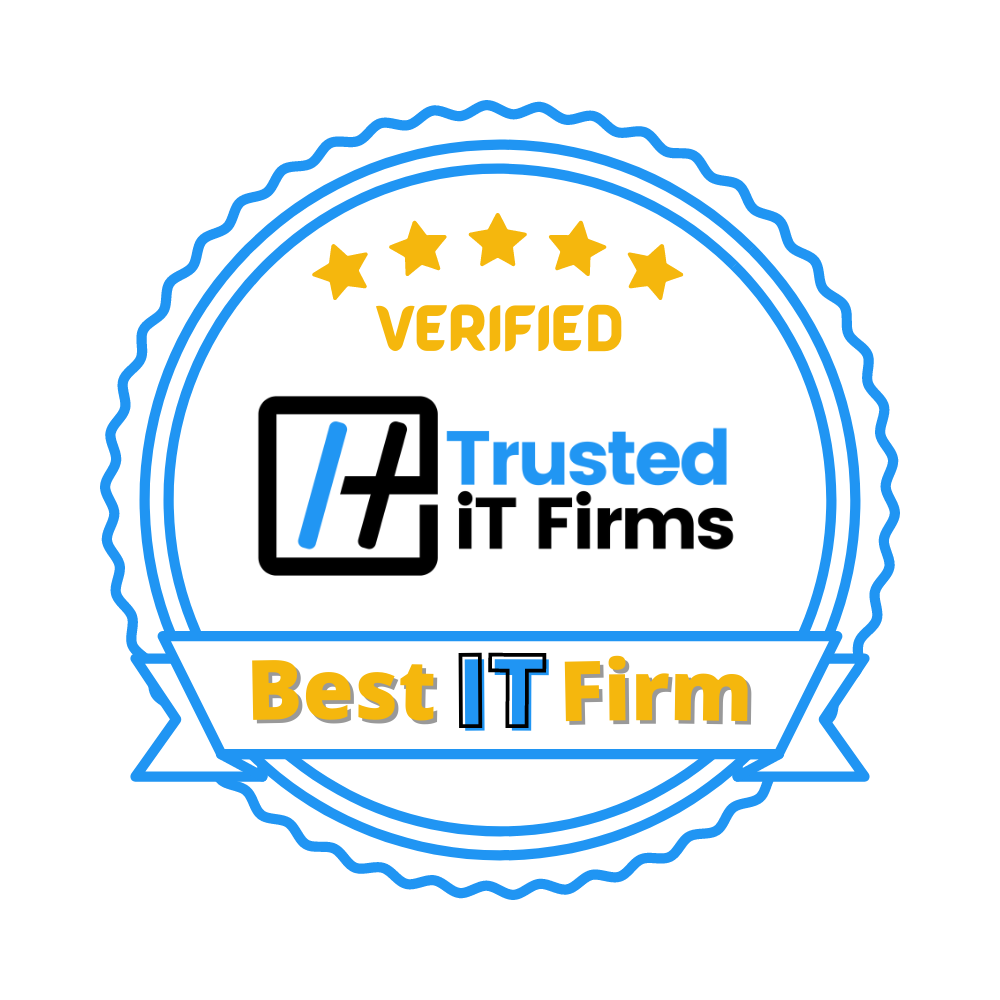
Streamline Your Workflow with Content Management Software

In the dynamic landscape of digital content creation, managing vast amounts of data efficiently can be a daunting task. Whether you’re a small business, a content creator, or a large enterprise, the need for an effective content management solution is paramount. This is where Content Management Software (CMS) steps in to revolutionize the way you handle your content.
Understanding Content Management Software
Content Management Software, often abbreviated as CMS, is a robust platform designed to streamline the creation, editing, organization, and publication of digital content. It serves as a centralized hub where users can manage text, images, videos, documents, and other multimedia assets seamlessly.
Key Features and Benefits
1. User-Friendly Interface:
Most CMS platforms offer intuitive interfaces that require little to no coding knowledge, enabling users to create and manage content effortlessly. This accessibility ensures that team members across various departments can collaborate efficiently.
2. Content Organization:
CMS systems provide robust categorization and tagging features, allowing users to organize content logically. This makes it easier to locate specific assets and maintain a structured content hierarchy, enhancing overall workflow efficiency.
3. Version Control:
With version control capabilities, CMS software enables users to track changes made to content over time. This feature is invaluable for teams collaborating on content projects, ensuring that previous versions can be accessed and restored if necessary.
4. Seamless Publishing:
CMS platforms facilitate seamless content publishing across multiple channels, including websites, blogs, social media platforms, and email newsletters. This ensures consistent branding and messaging across all digital touchpoints.
5. Customization and Scalability:
Many CMS solutions offer extensive customization options, allowing users to tailor the platform to their specific needs and preferences. Additionally, CMS platforms are scalable, capable of accommodating the growing needs of businesses and organizations of all sizes.
Popular Content Management Software Solutions
1. WordPress:
WordPress is one of the most widely used CMS platforms globally, known for its versatility, user-friendly interface, and extensive plugin ecosystem. It powers millions of websites, ranging from personal blogs to enterprise-level e-commerce sites.
2. Drupal:
Drupal is a robust CMS platform favored by developers and large organizations for its scalability and flexibility. It offers advanced customization options and robust security features, making it ideal for complex projects and enterprise-level applications.
3. Joomla:
Joomla is a user-friendly CMS solution known for its ease of use and extensive community support. It offers a wide range of features, including content scheduling, multilingual support, and built-in SEO tools, making it a popular choice for small to medium-sized businesses.
4. Shopify:
Shopify is a leading CMS platform specifically designed for e-commerce websites. It offers a user-friendly interface, robust inventory management features, and seamless integration with third-party payment gateways, making it ideal for online retailers.
Conclusion
In today’s digital age, effective content management is essential for businesses and organizations looking to maintain a competitive edge. Content Management Software offers a comprehensive solution for streamlining content creation, organization, and publication workflows, empowering teams to collaborate more effectively and deliver compelling digital experiences.
Whether you’re a small business owner, a content creator, or a large enterprise, investing in a robust CMS platform can help you optimize your content strategy, enhance productivity, and achieve your business objectives more efficiently. With a wide range of CMS solutions available, finding the right fit for your specific needs and preferences is key to unlocking the full potential of your digital content initiatives.


